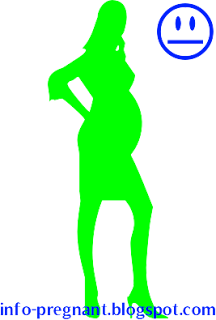Think what would happen if someone came and said that everything (marriage, children, career, etc.) must occur before age 35.
Fortunately, things are not well. With the help of science, now you can be a mother, even if "push" 40. But be careful, because nothing good: pure evil. Pregnancy at an advanced age can be quite difficult, so it takes dedication, perseverance and patience. Worth, but worth it.
Demeter Madrid’s, in collaboration with Constantine Guitar *
Our grandma others Actives 16 years, or 20 + moms, two decades ago, the average was 26 years maternity and today, the average rose to 30 +. In theory, it is known that a woman can become pregnant until the 50s, when I stopped menstruating. But not only the biological age that plays a key role in procreation, but the age of the ovary (age keep their ovaries) because age often in conflict with each other. A woman can, for example, have functional ovaries age of 30 of a female biological age much larger, or vice avers. Therefore, there is a rule that all women over 35 will have the same fertility. Depends on ovarian function and age. In general, women who have family ties in the first degree with women who have had an early menopause, have a good chance and have an early menopause.
What has changed in 40 + on fertility?
Fortunately, things are not well. With the help of science, now you can be a mother, even if "push" 40. But be careful, because nothing good: pure evil. Pregnancy at an advanced age can be quite difficult, so it takes dedication, perseverance and patience. Worth, but worth it.
Demeter Madrid’s, in collaboration with Constantine Guitar *
Our grandma others Actives 16 years, or 20 + moms, two decades ago, the average was 26 years maternity and today, the average rose to 30 +. In theory, it is known that a woman can become pregnant until the 50s, when I stopped menstruating. But not only the biological age that plays a key role in procreation, but the age of the ovary (age keep their ovaries) because age often in conflict with each other. A woman can, for example, have functional ovaries age of 30 of a female biological age much larger, or vice avers. Therefore, there is a rule that all women over 35 will have the same fertility. Depends on ovarian function and age. In general, women who have family ties in the first degree with women who have had an early menopause, have a good chance and have an early menopause.
What has changed in 40 + on fertility?



